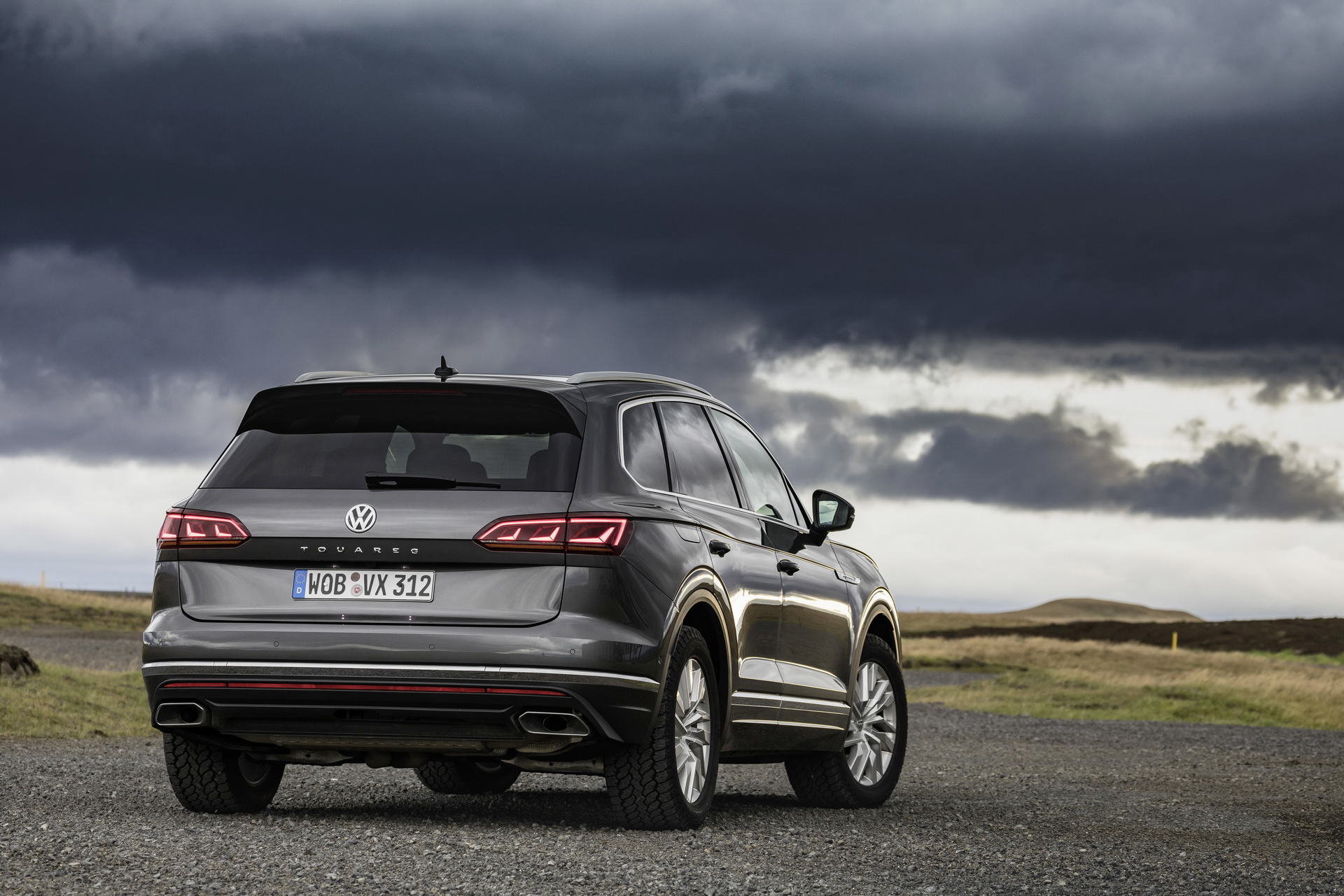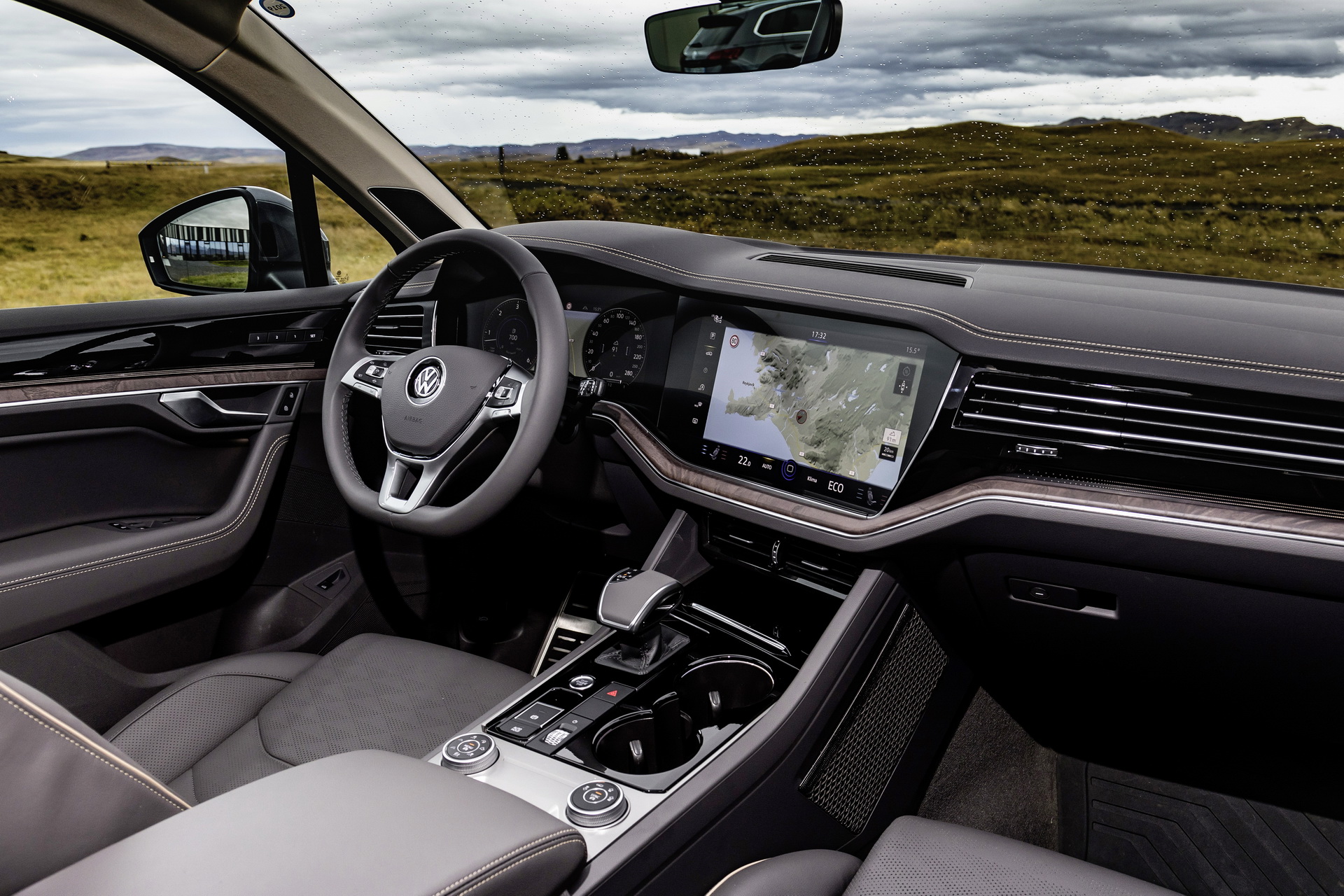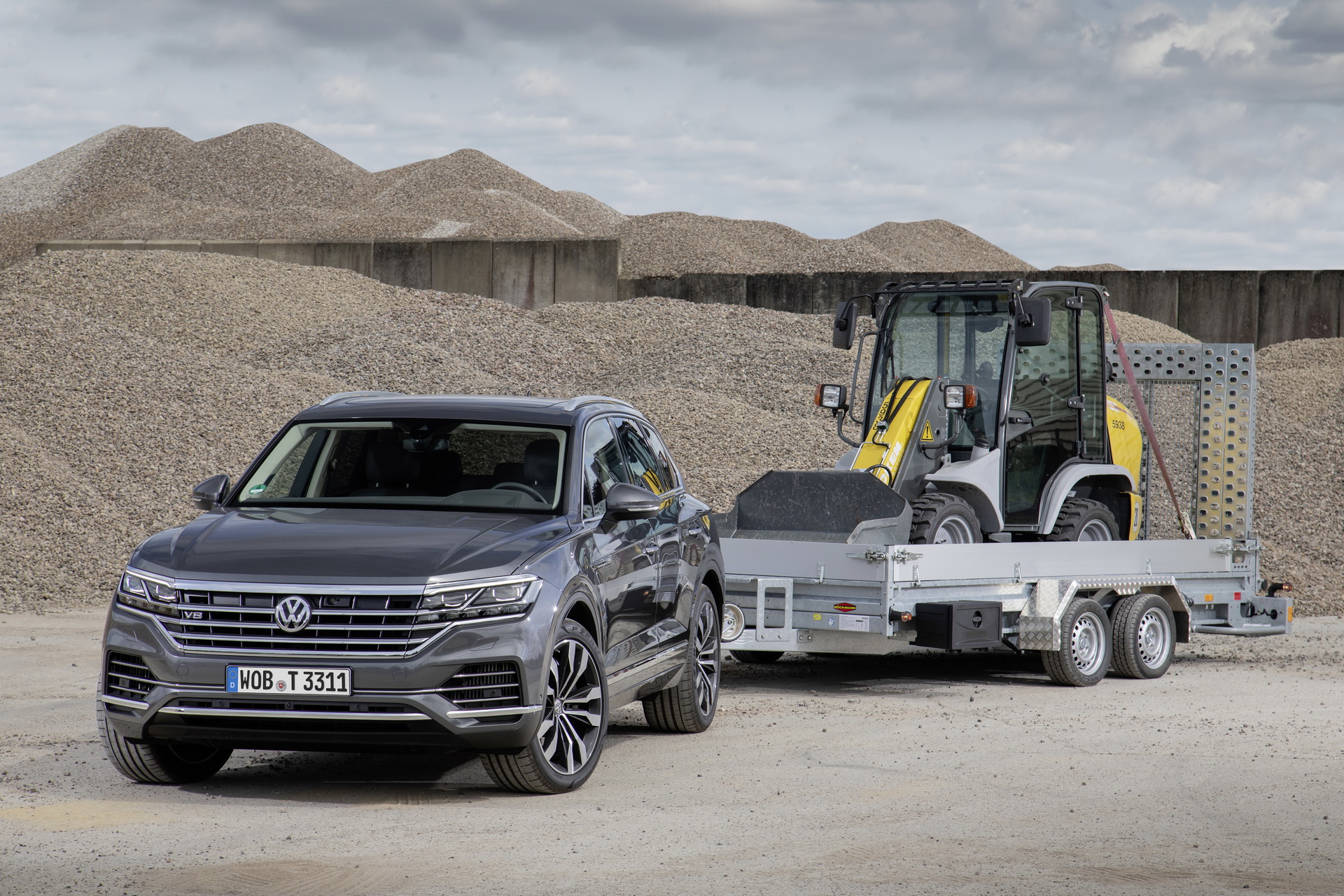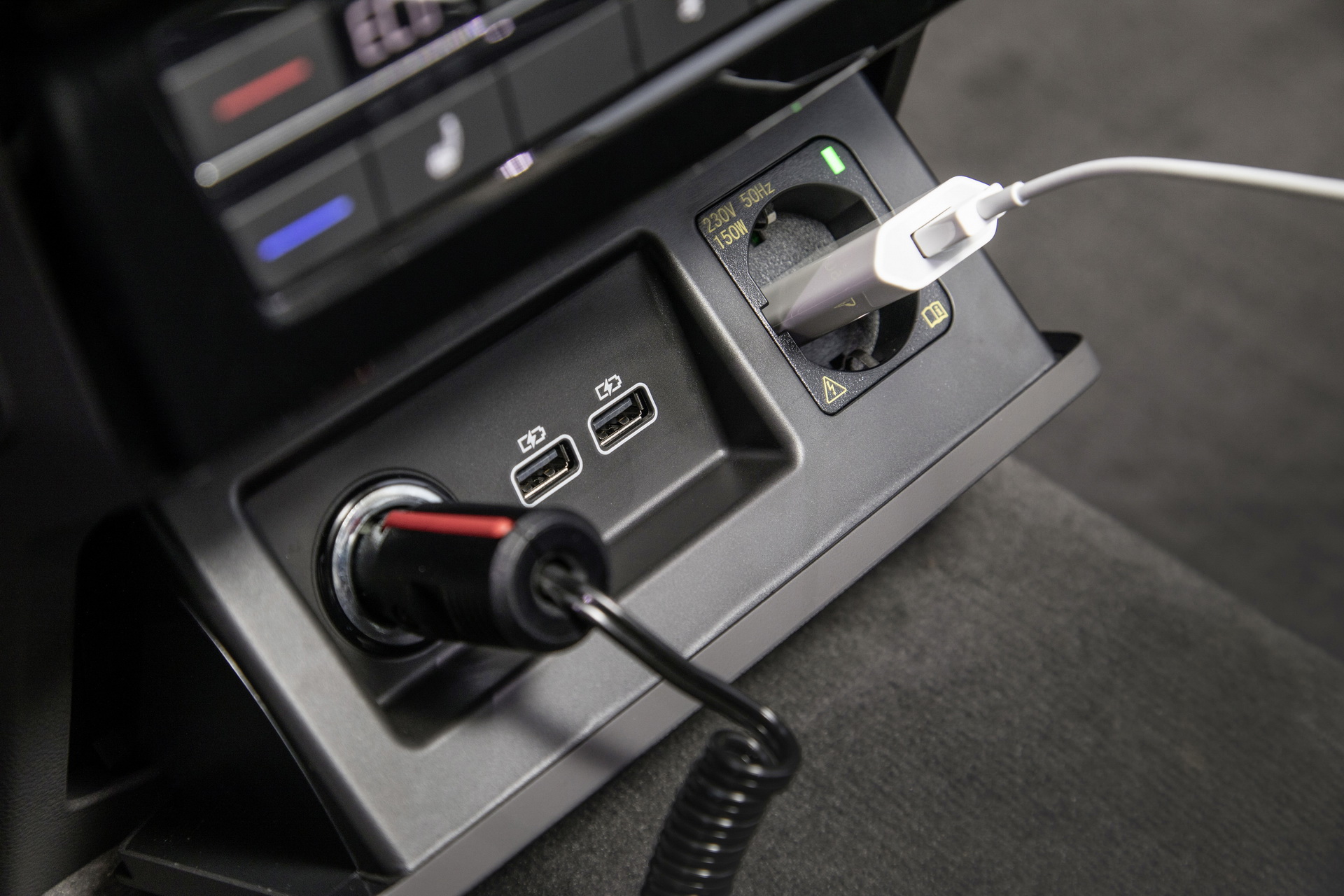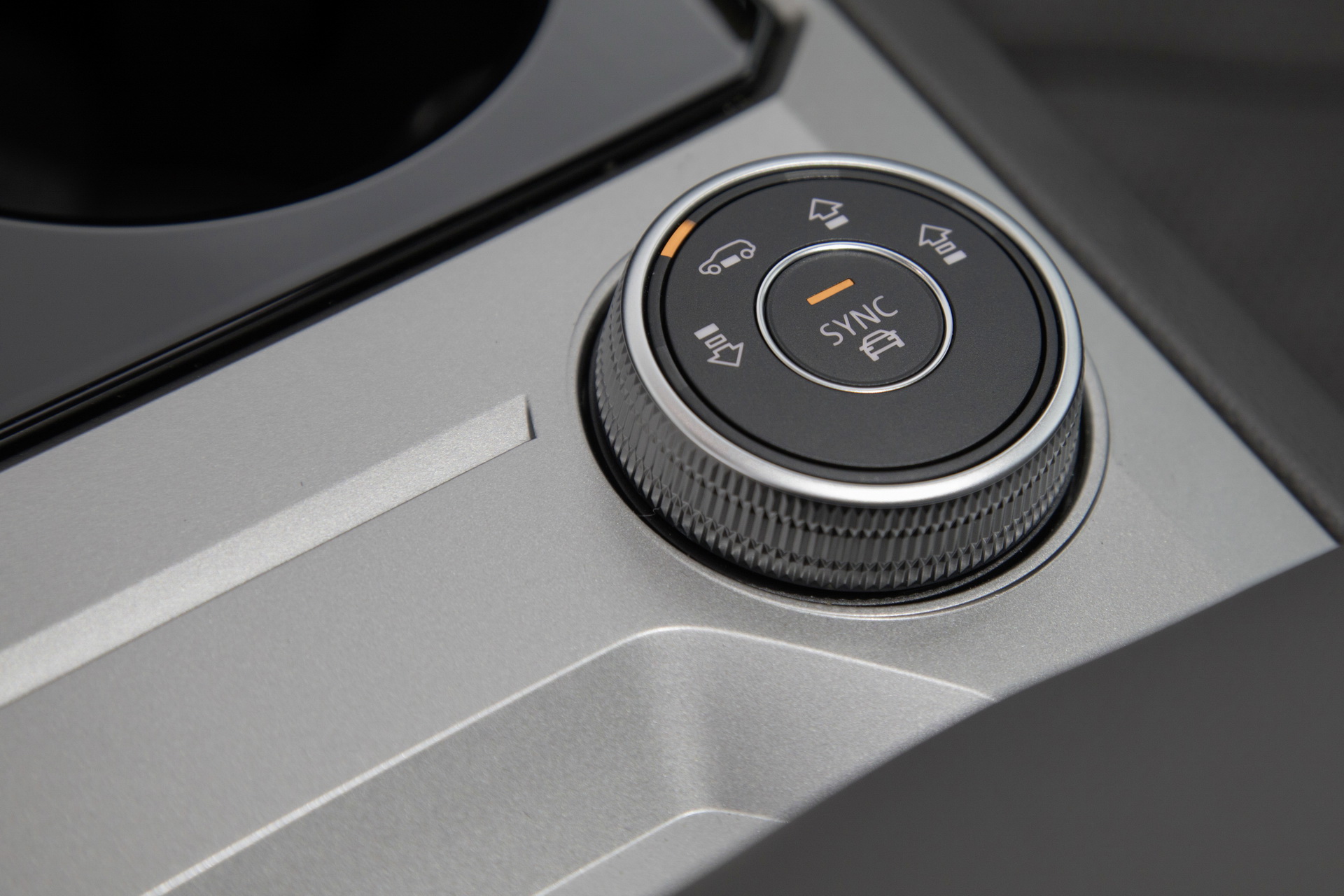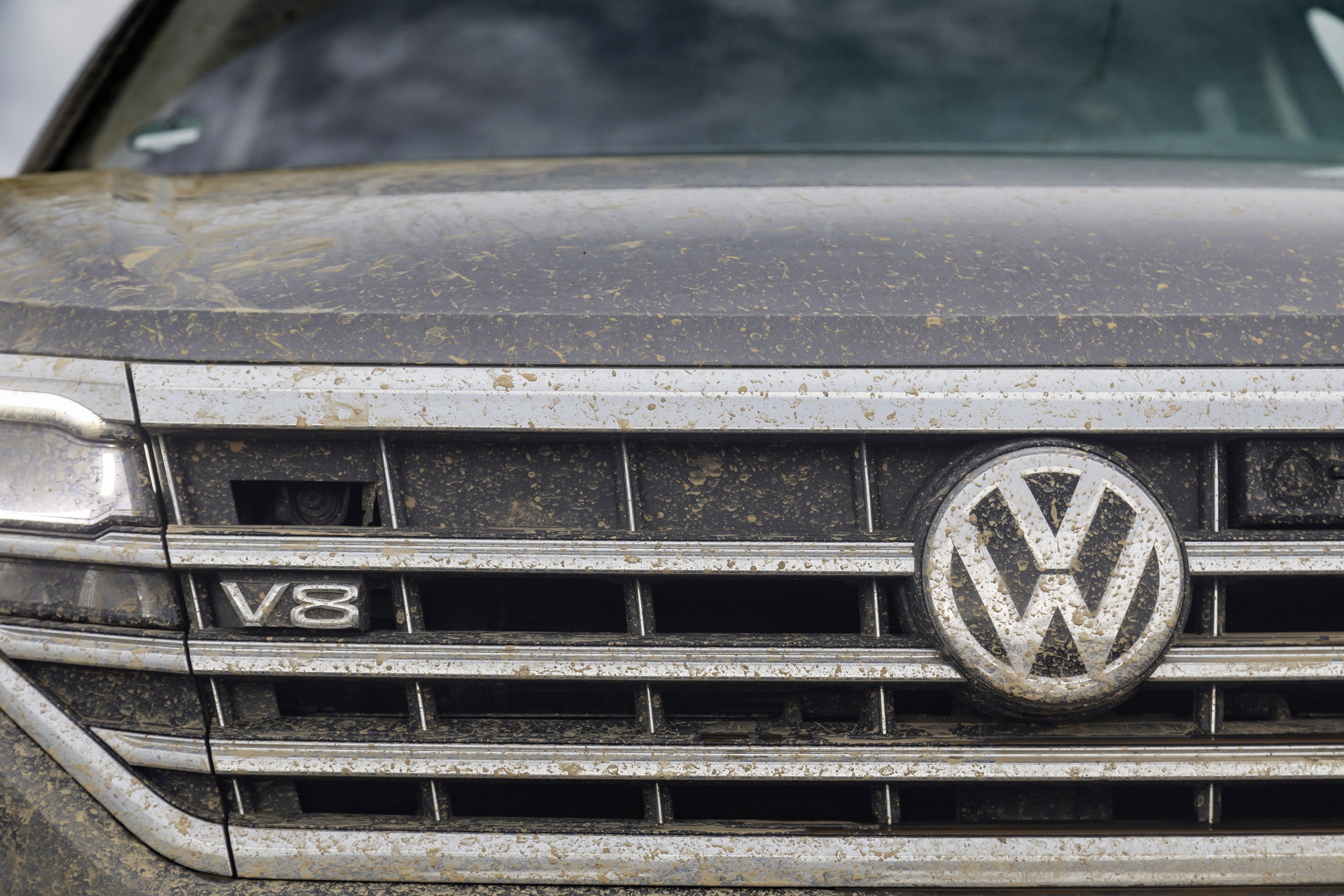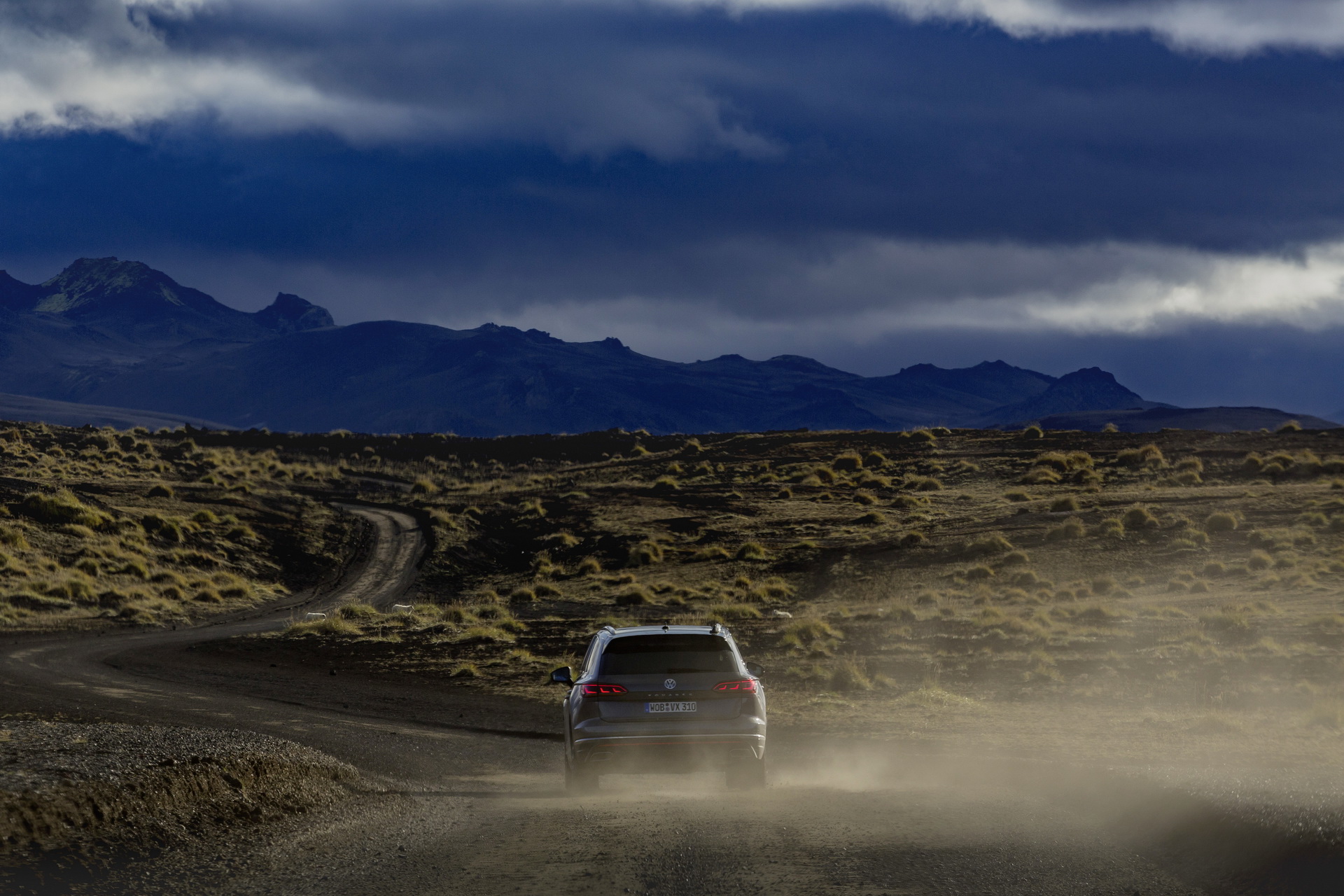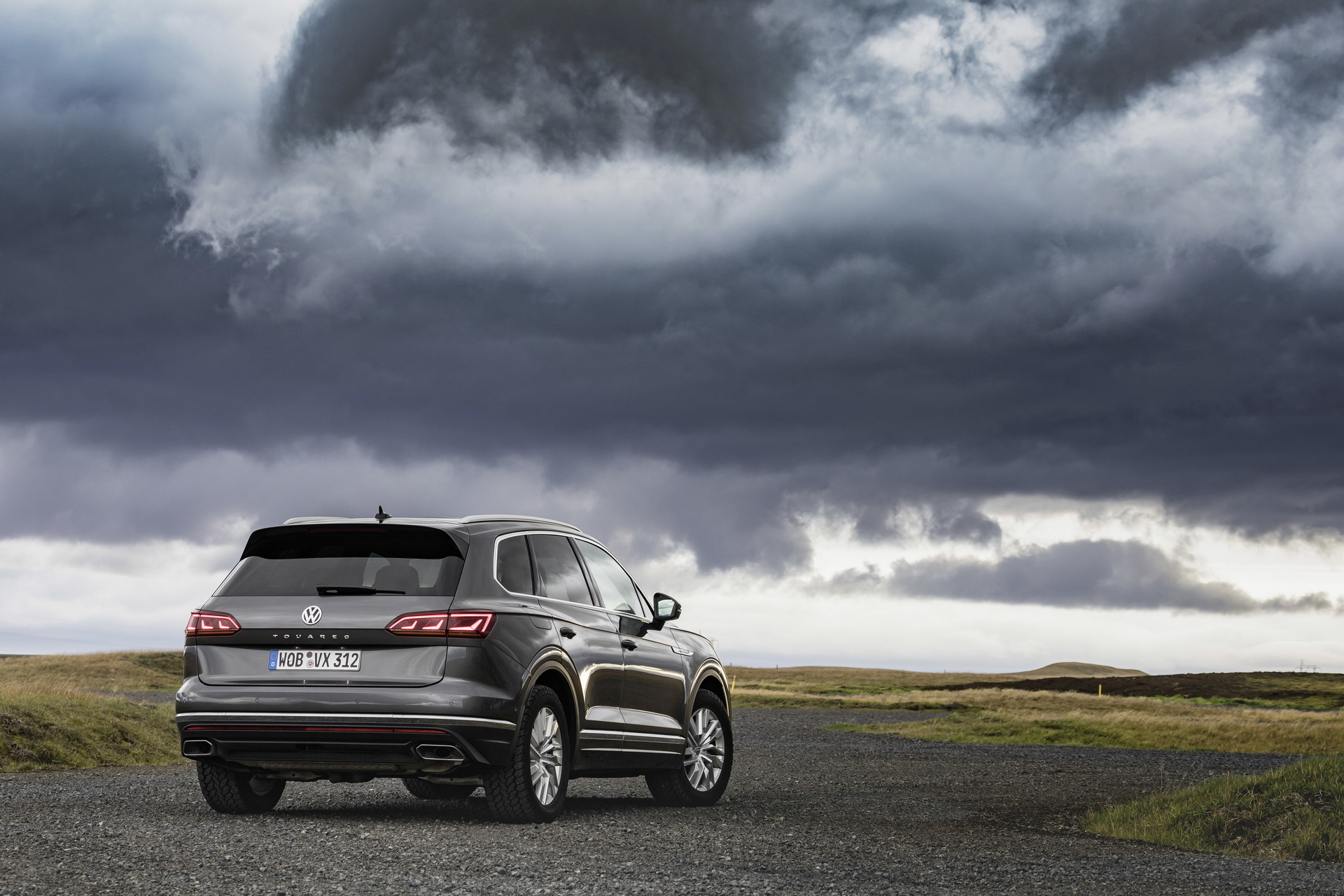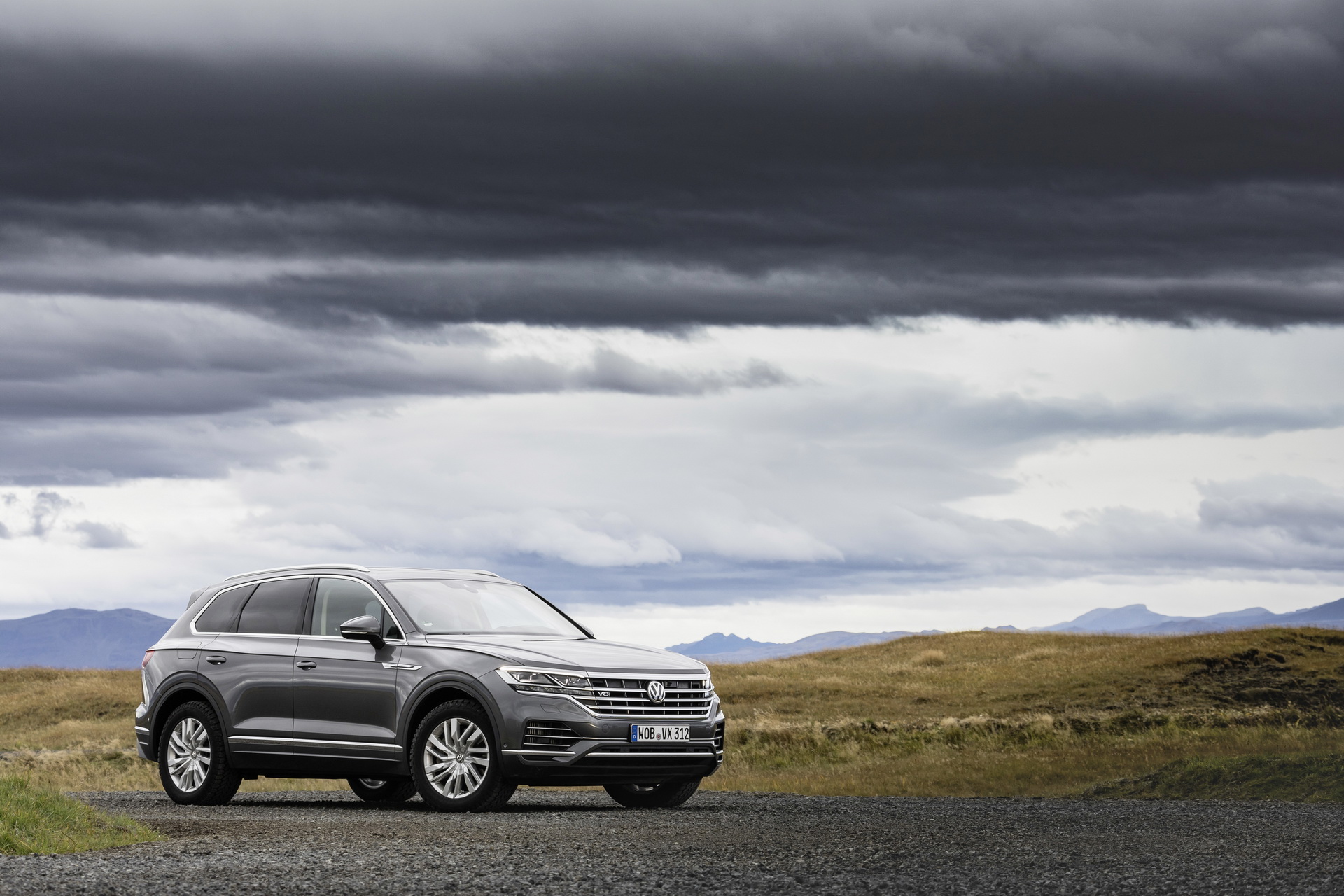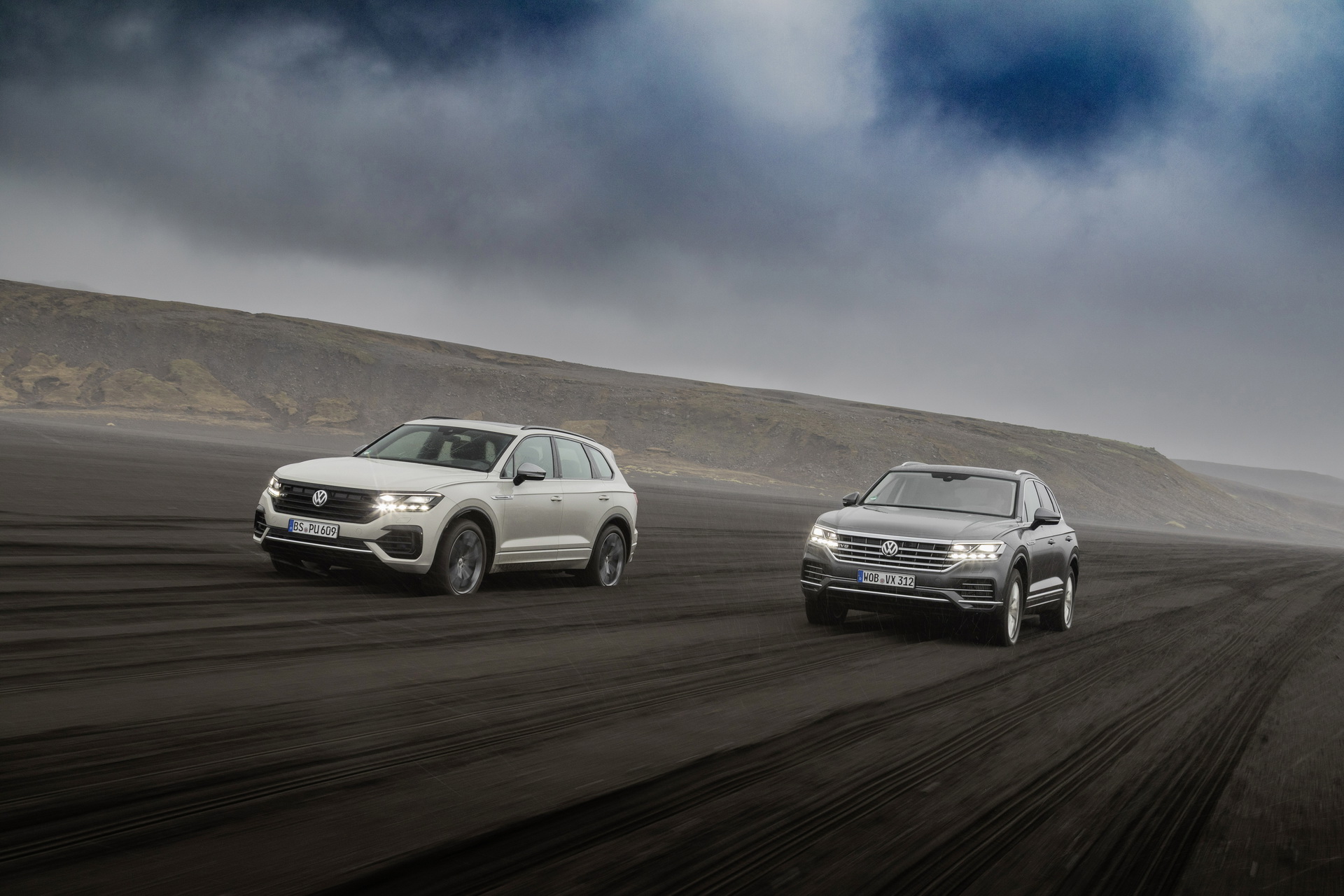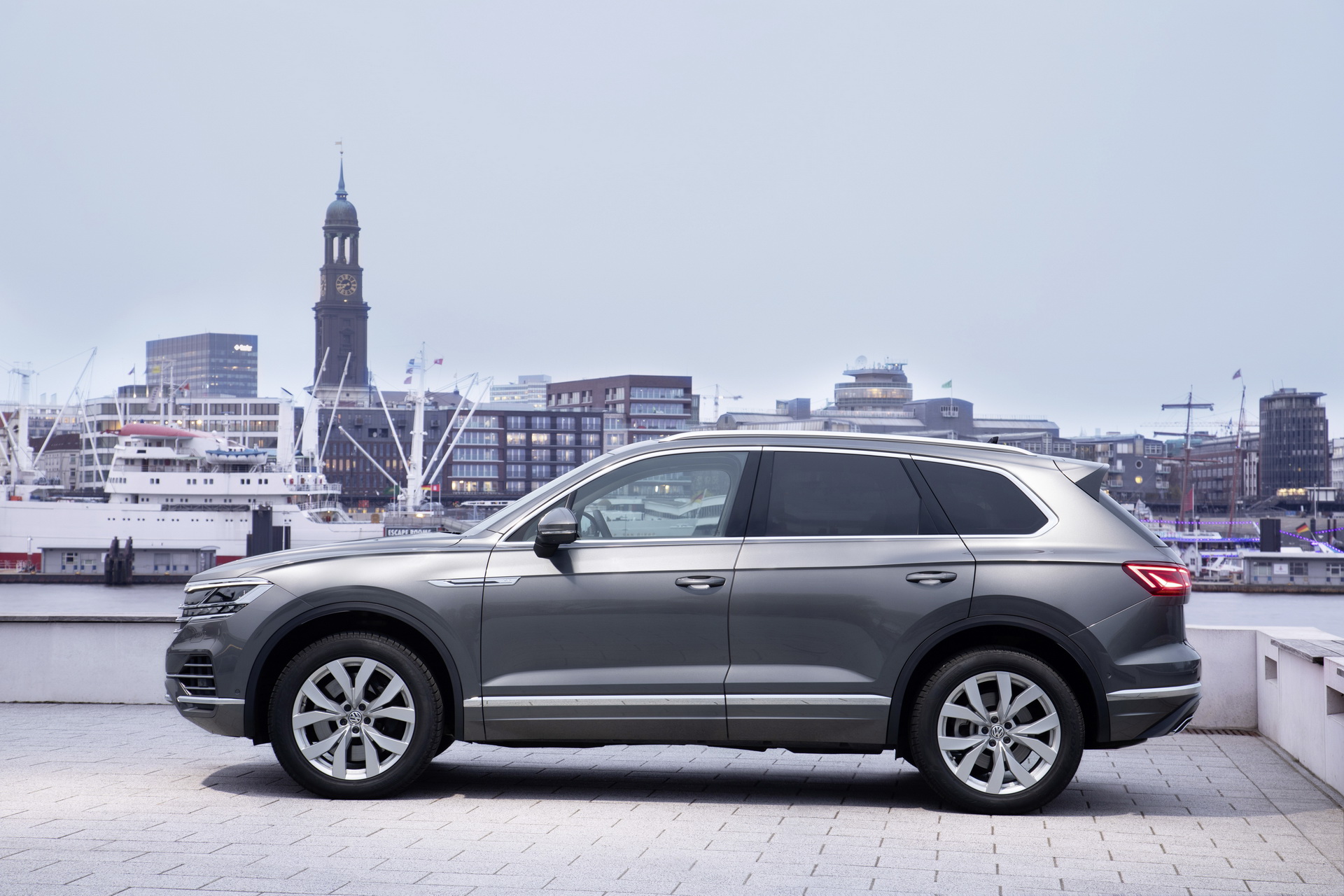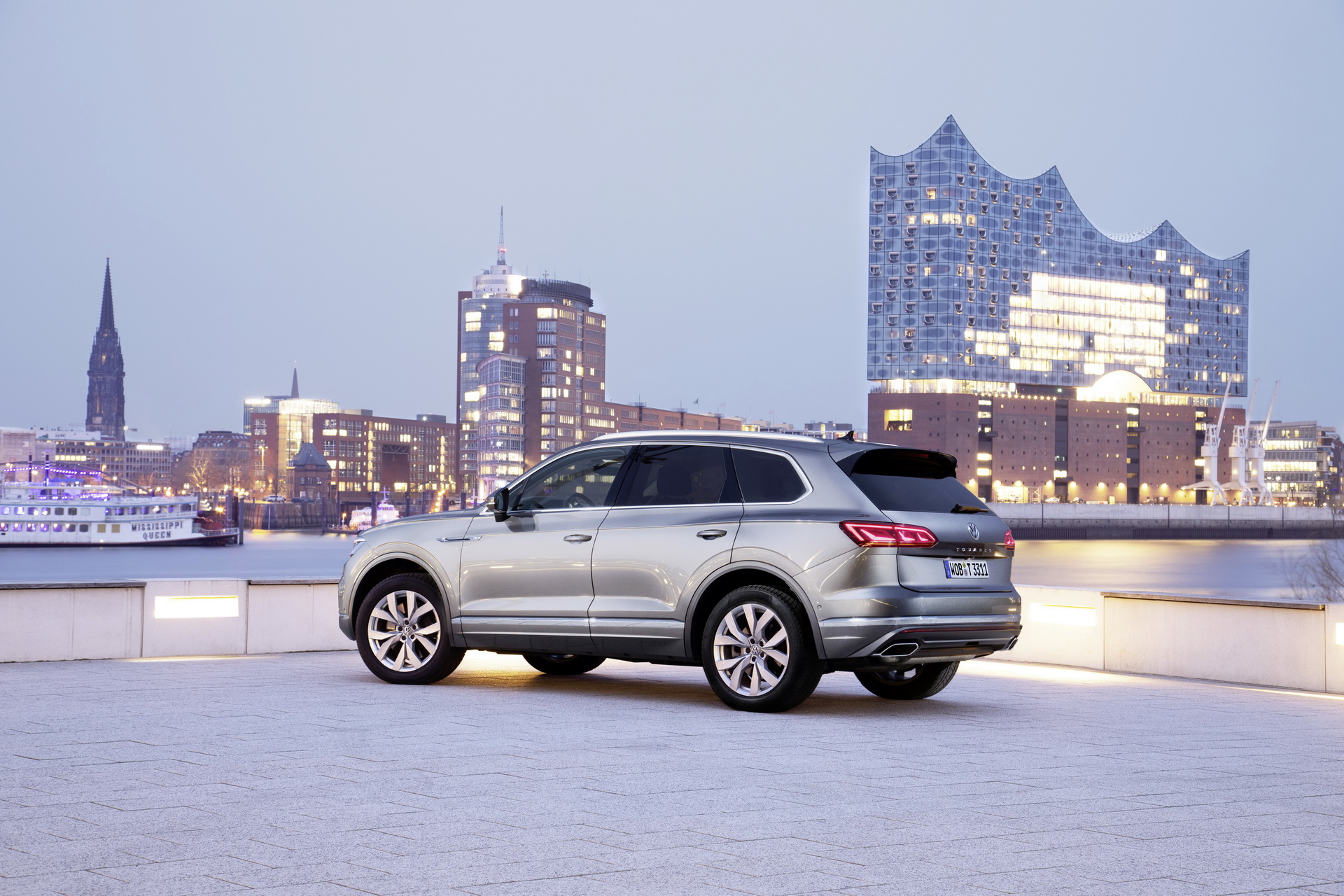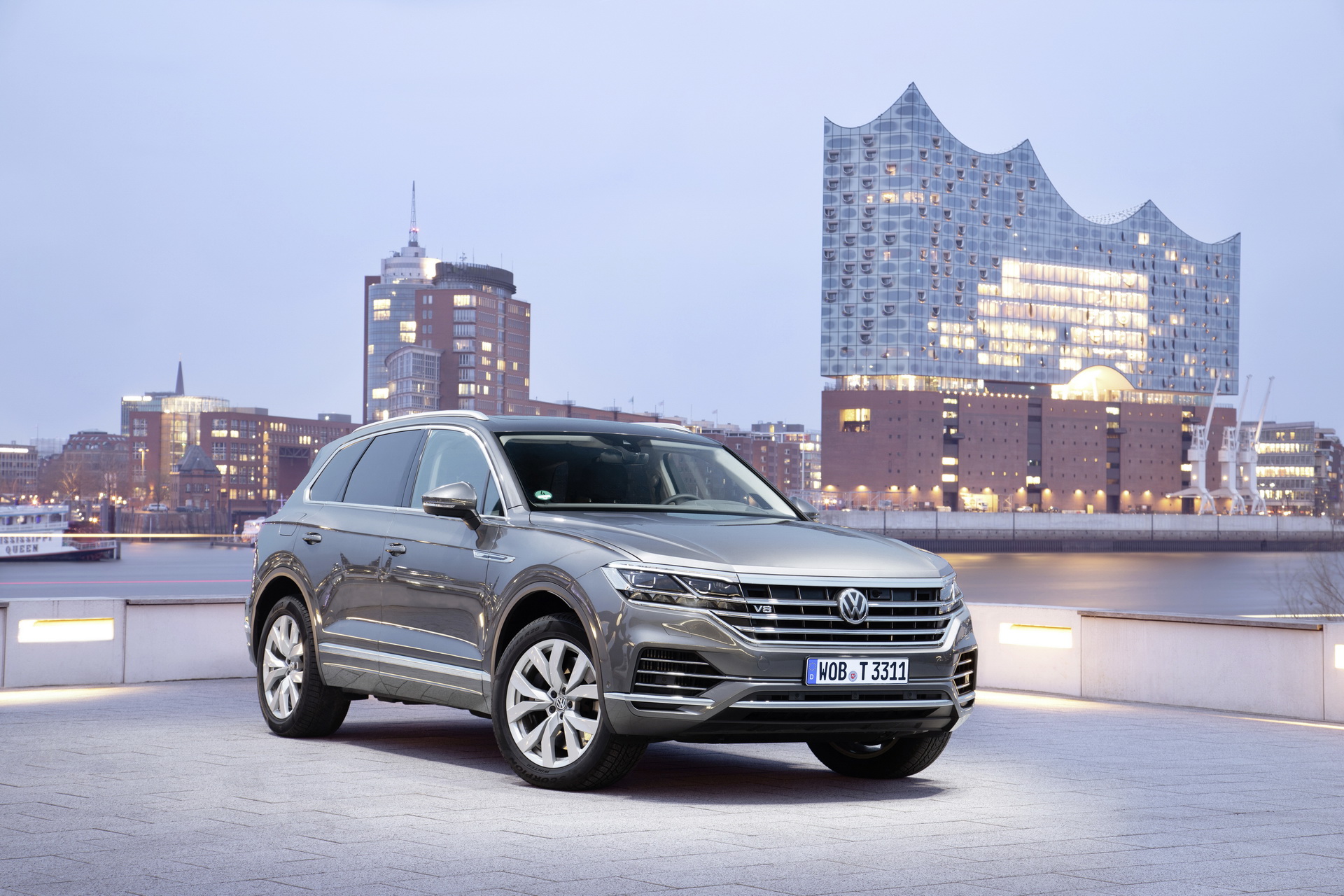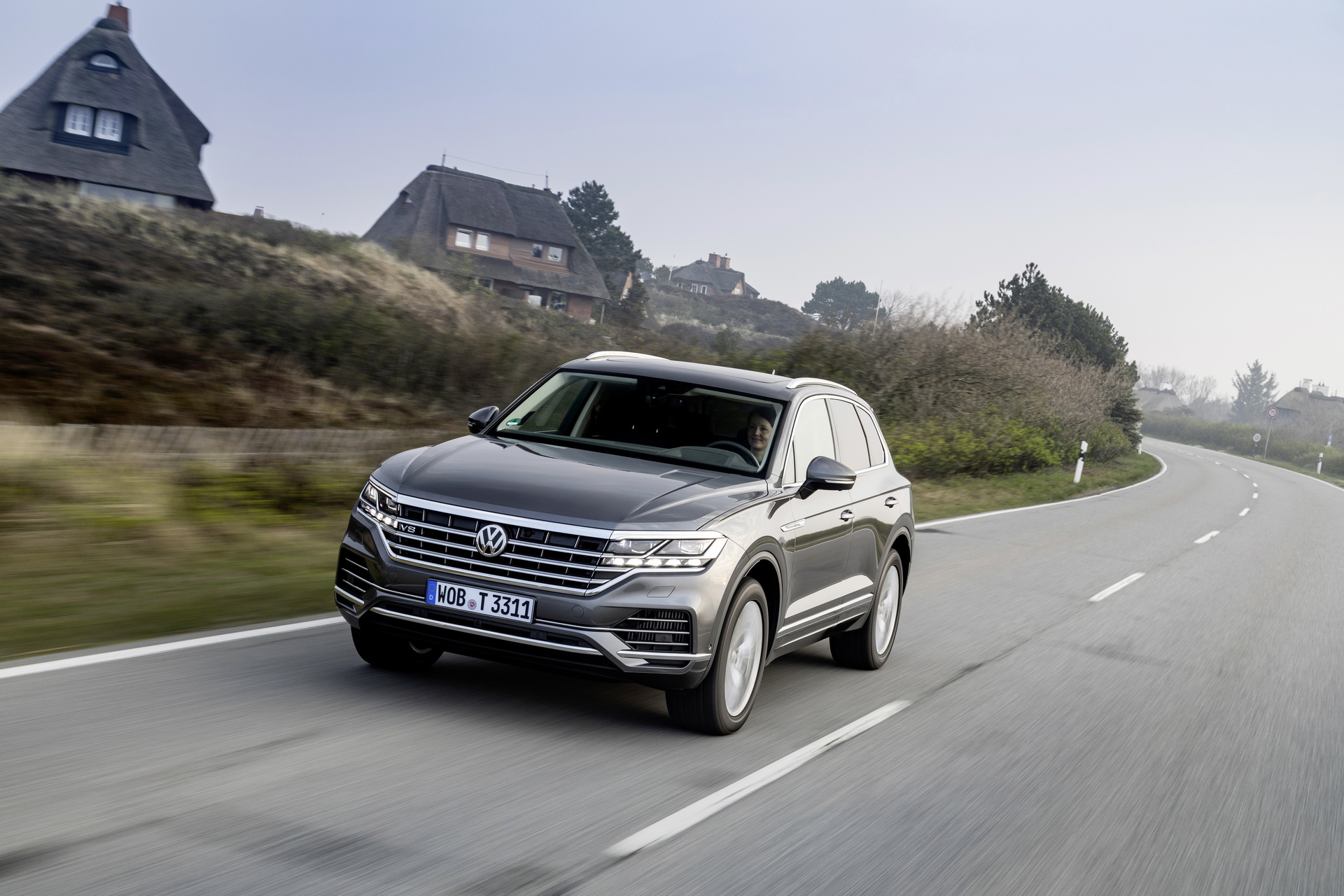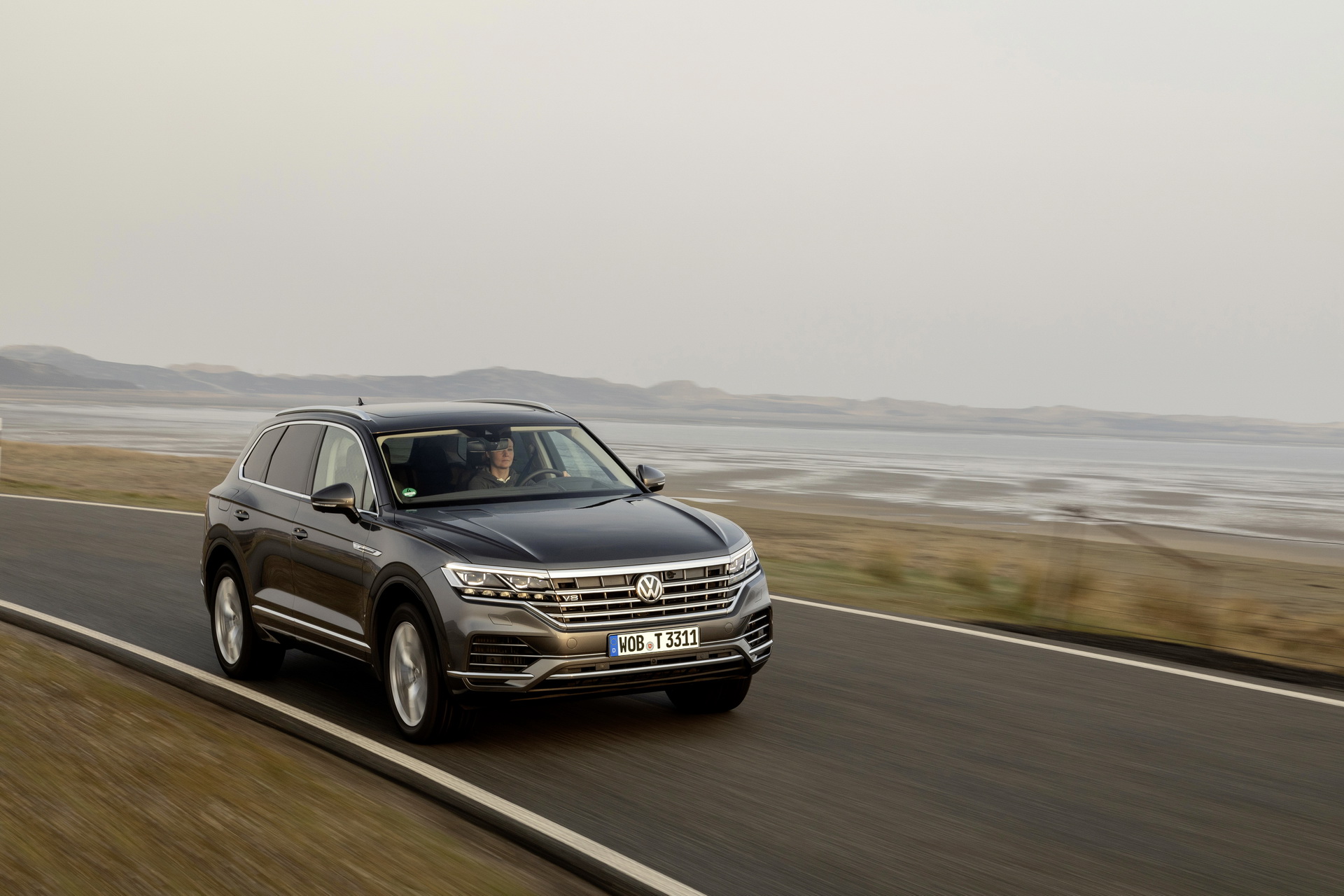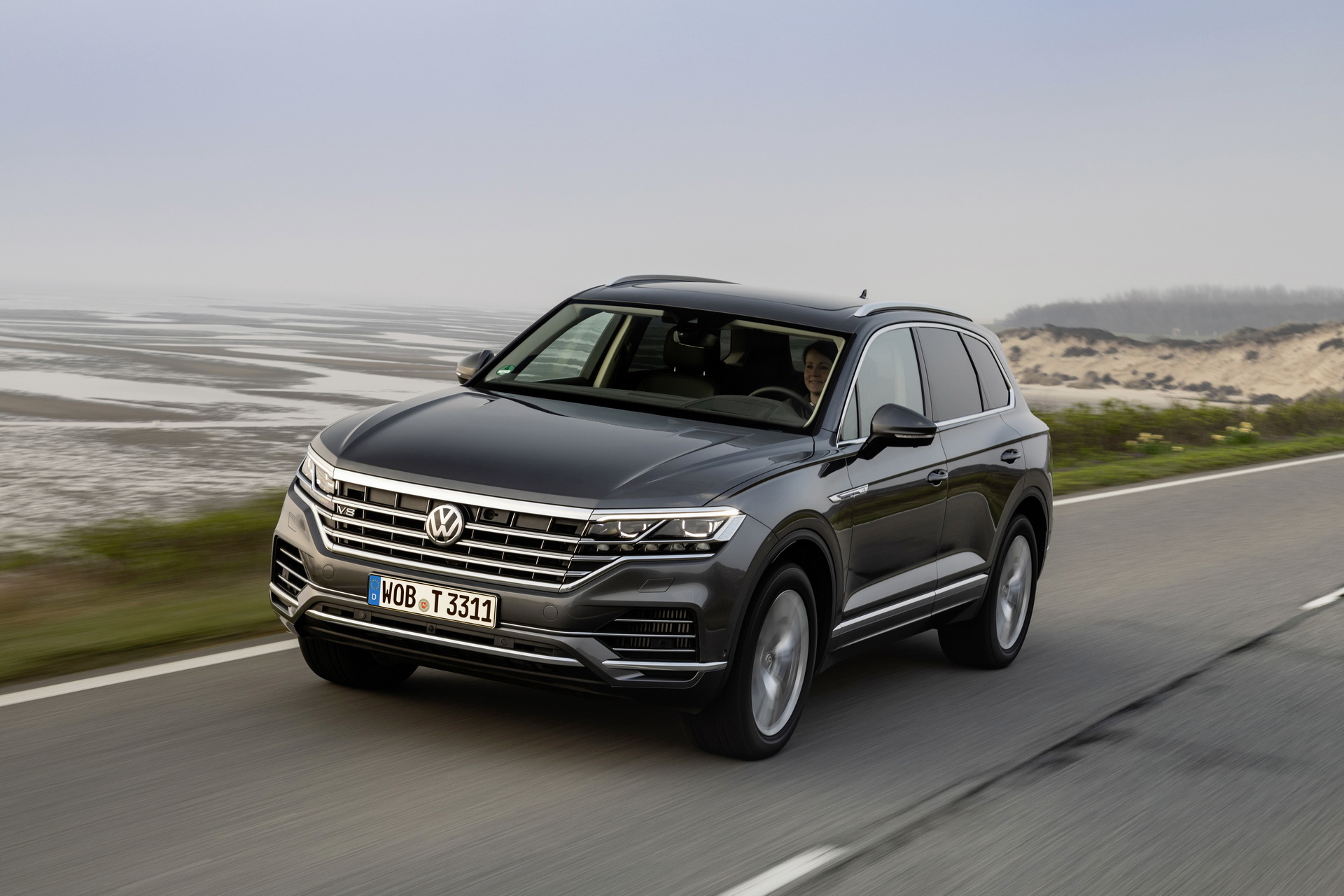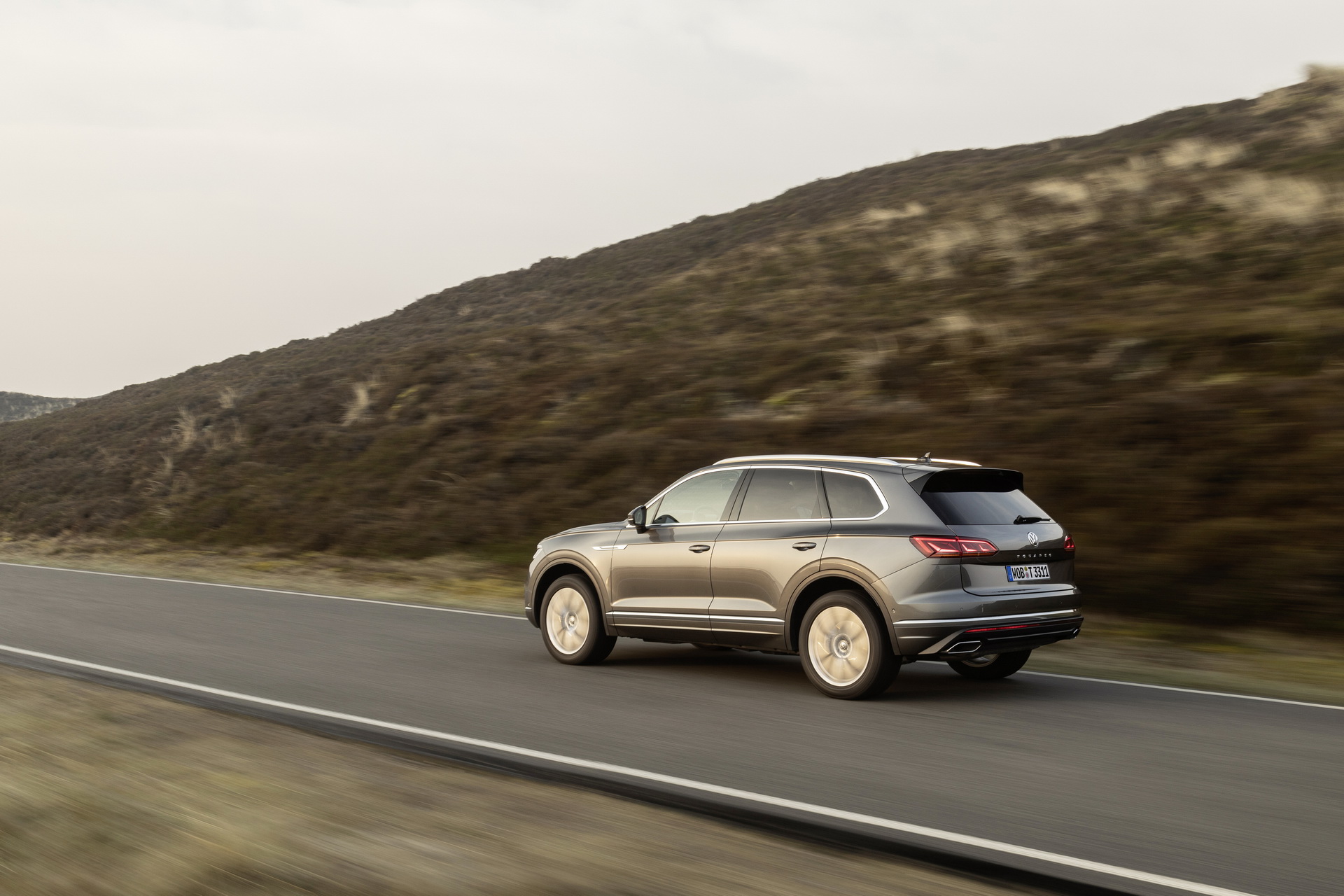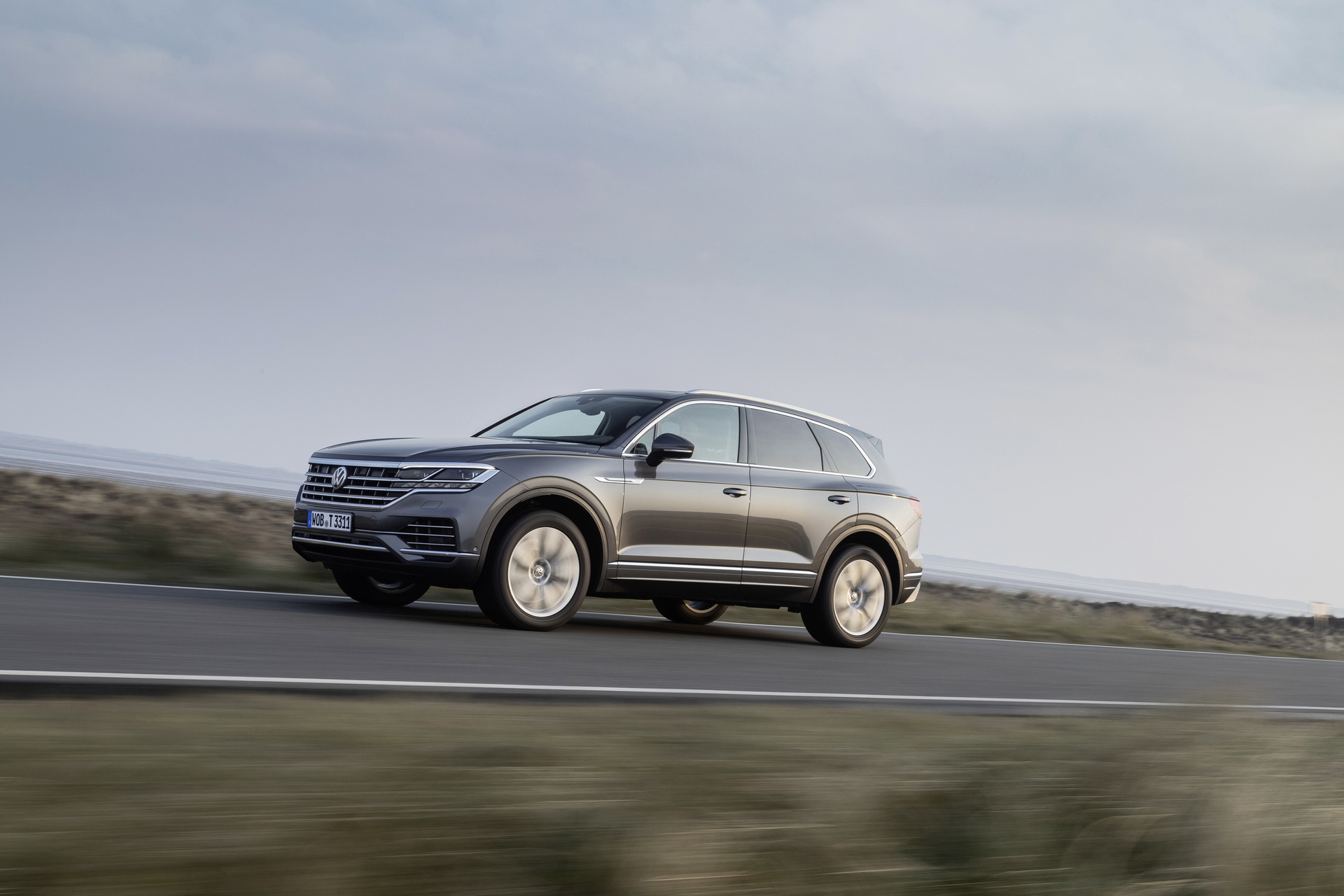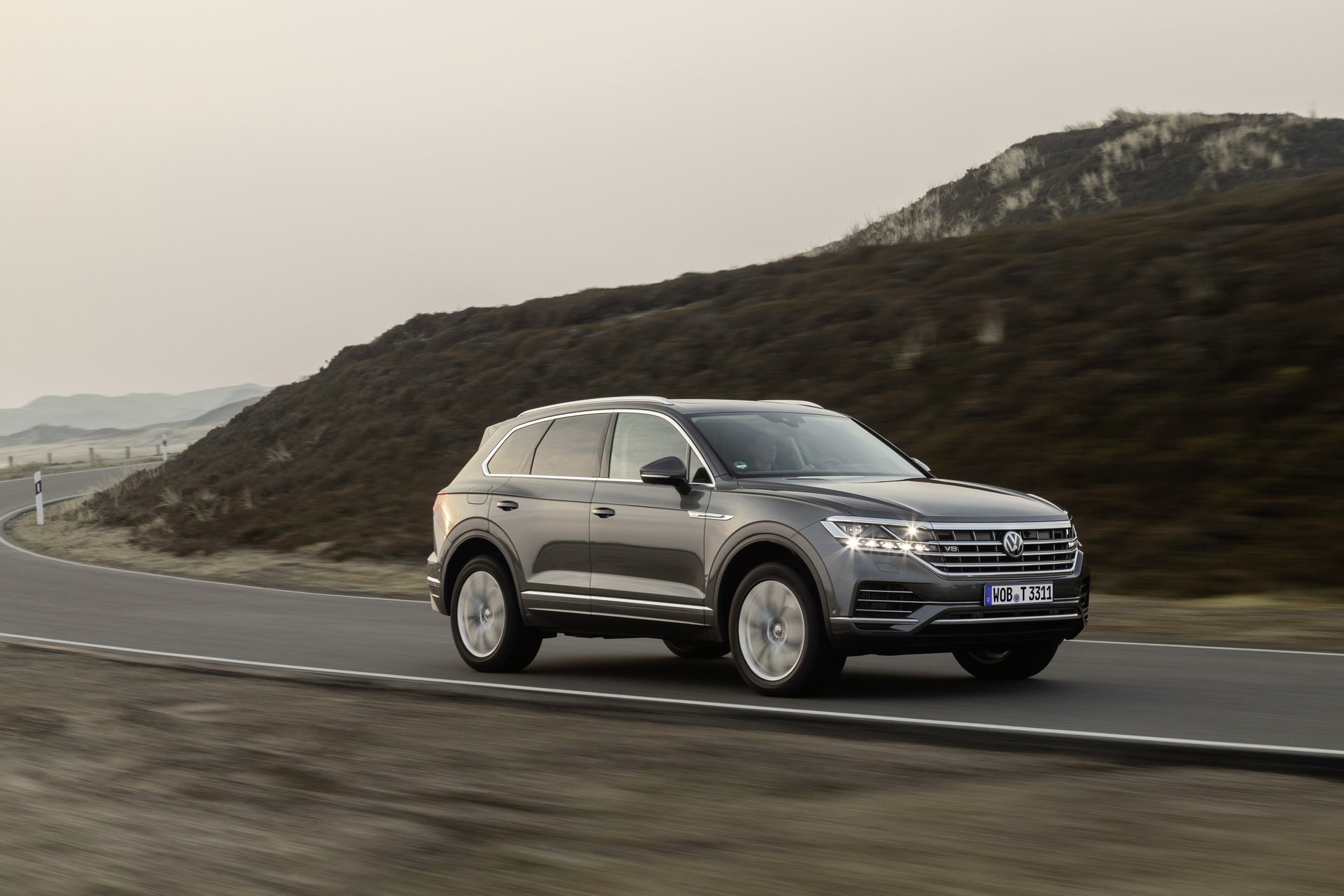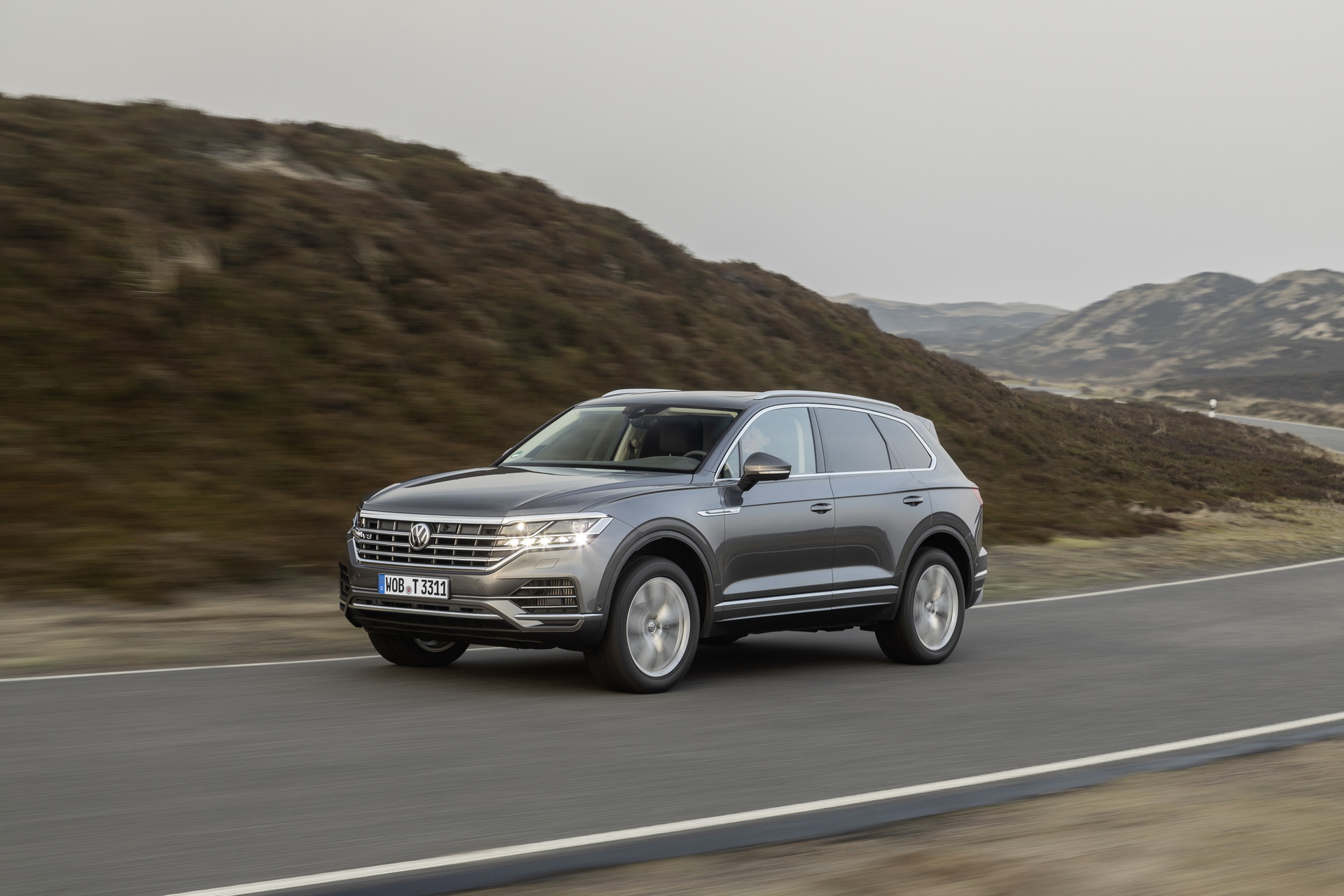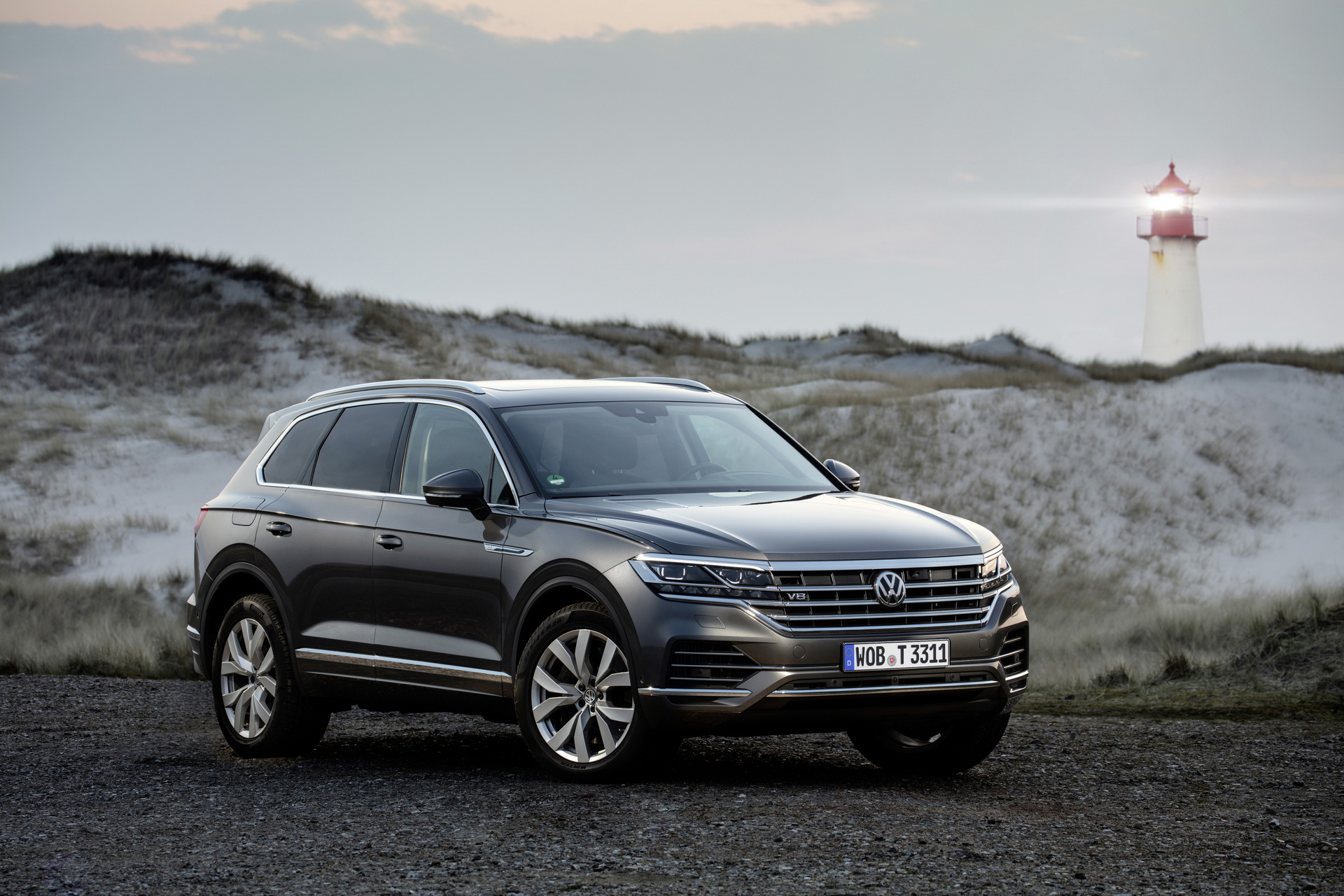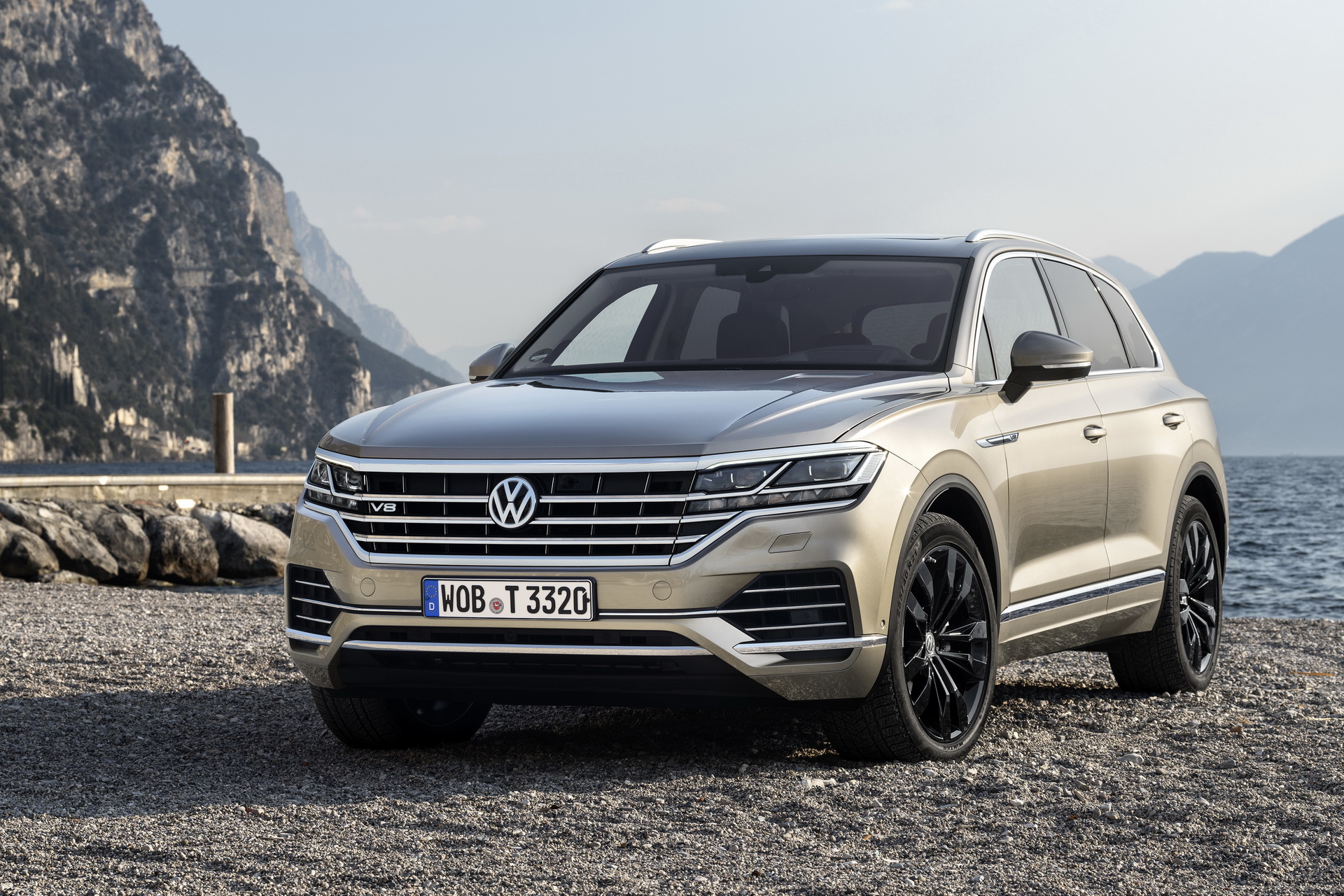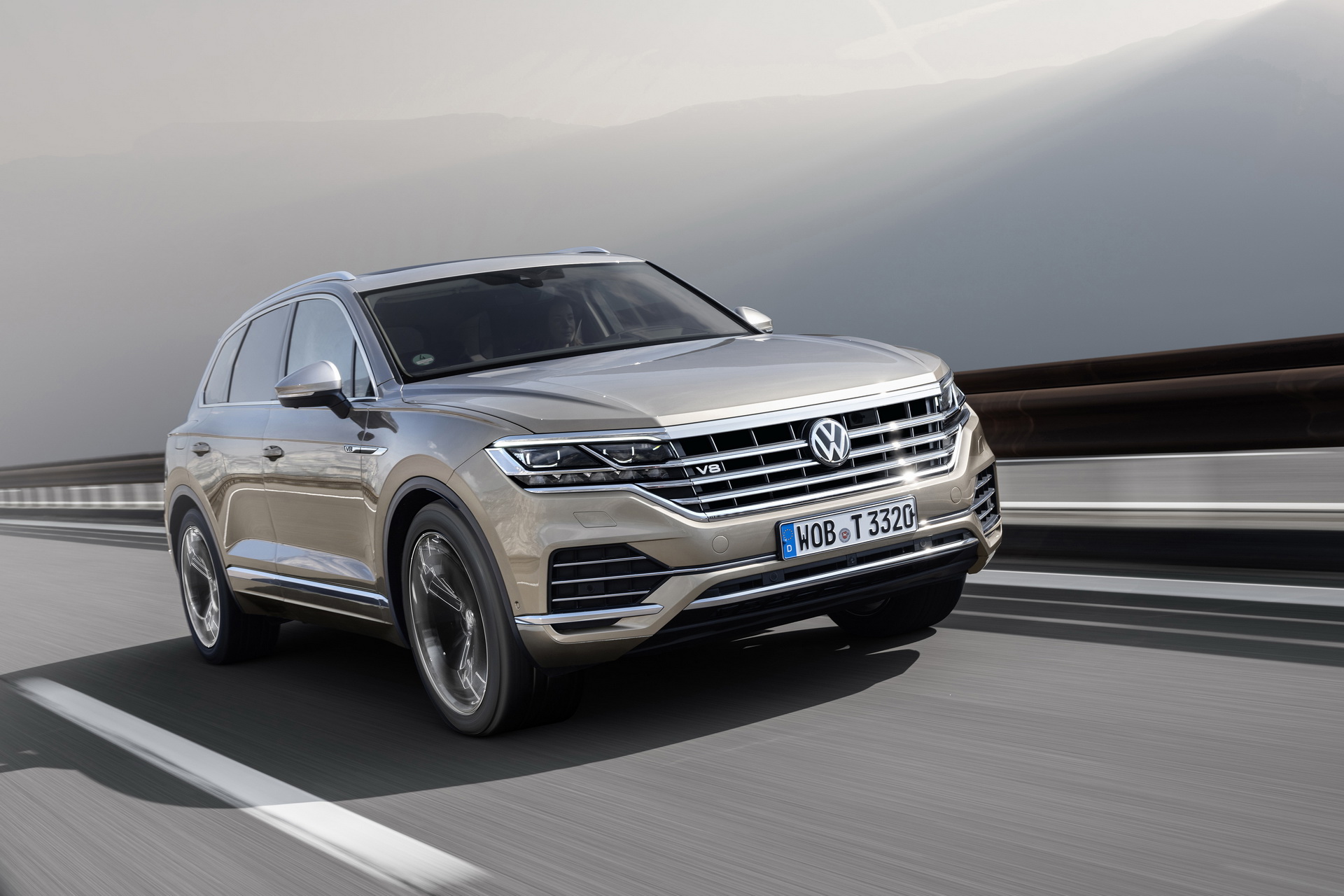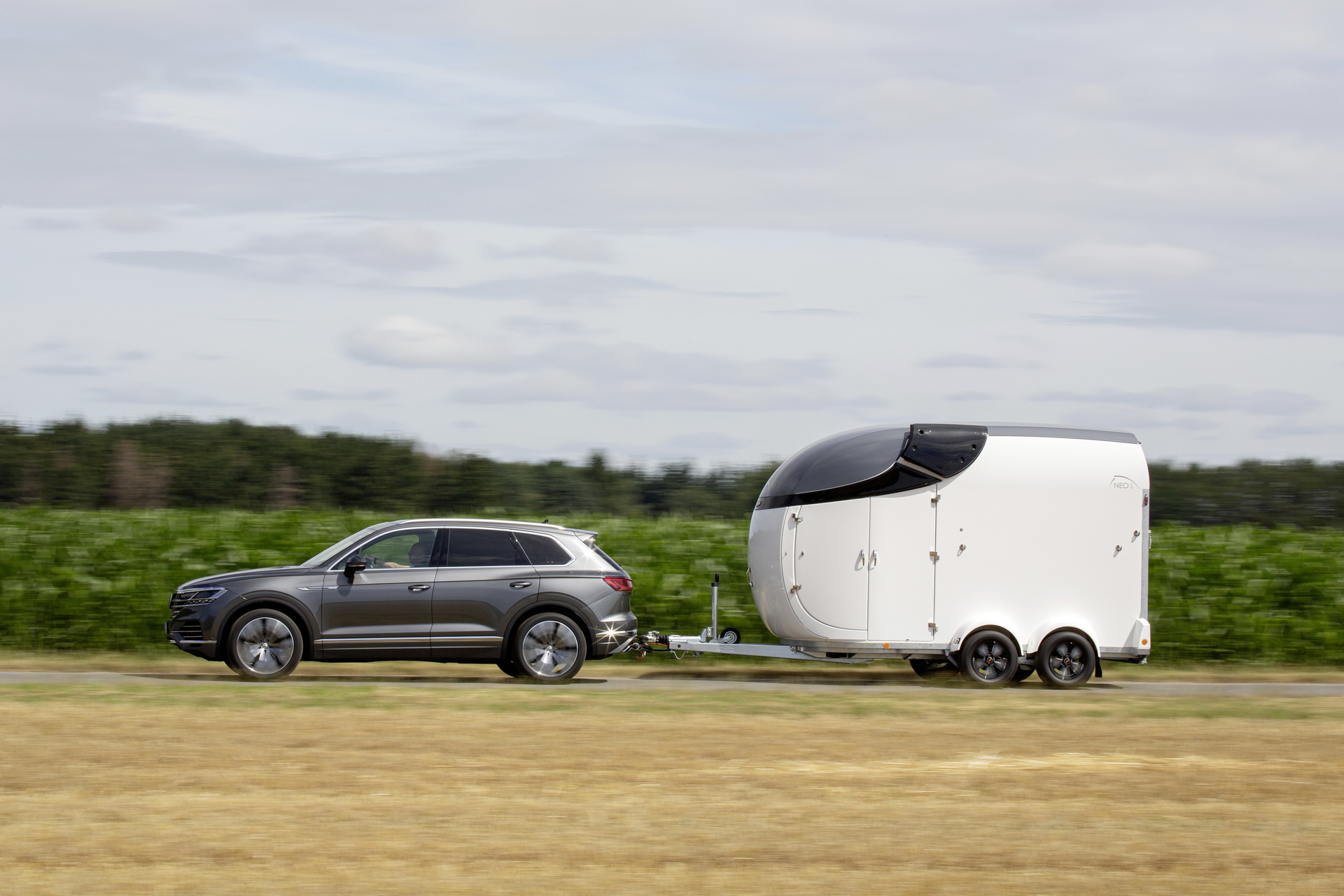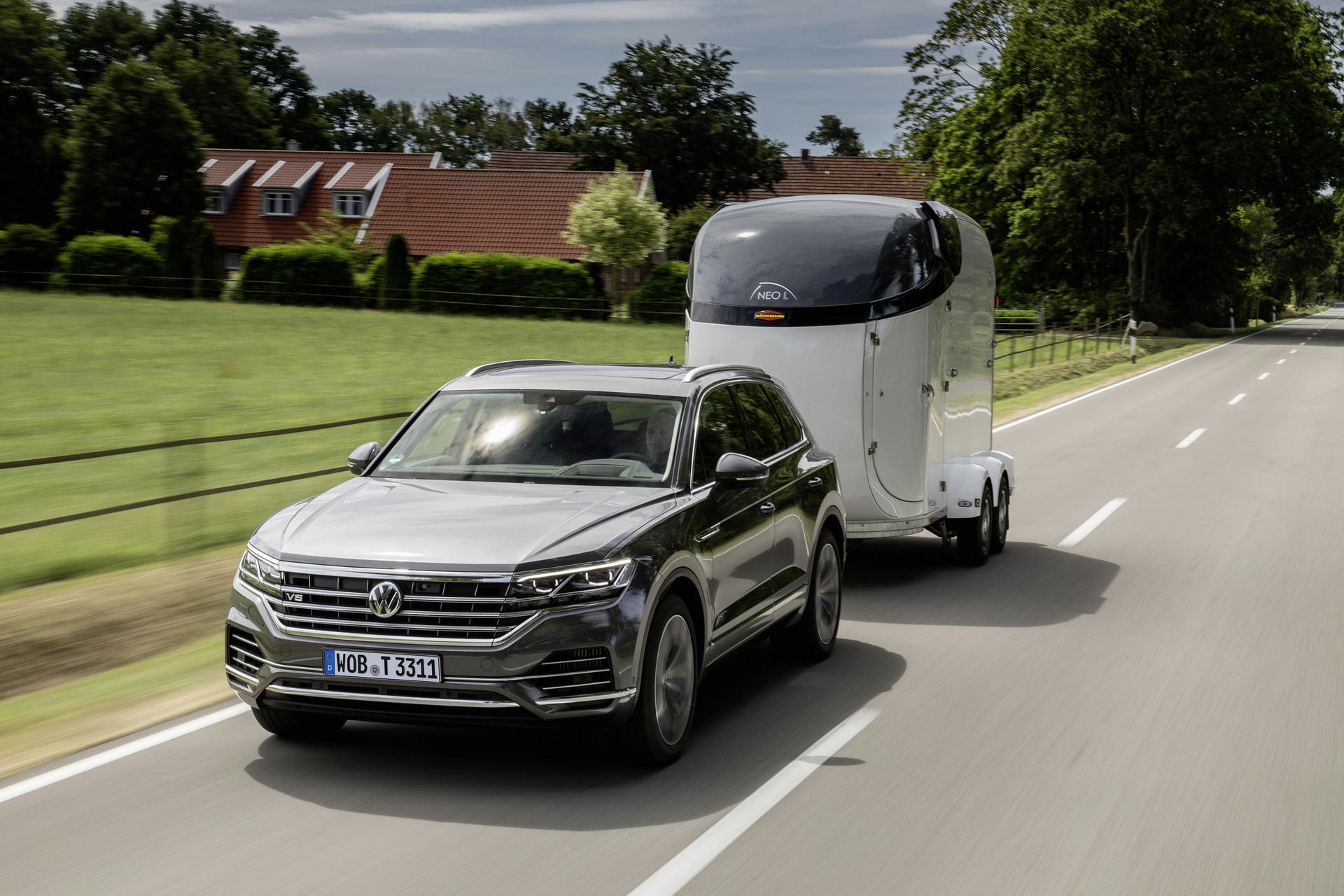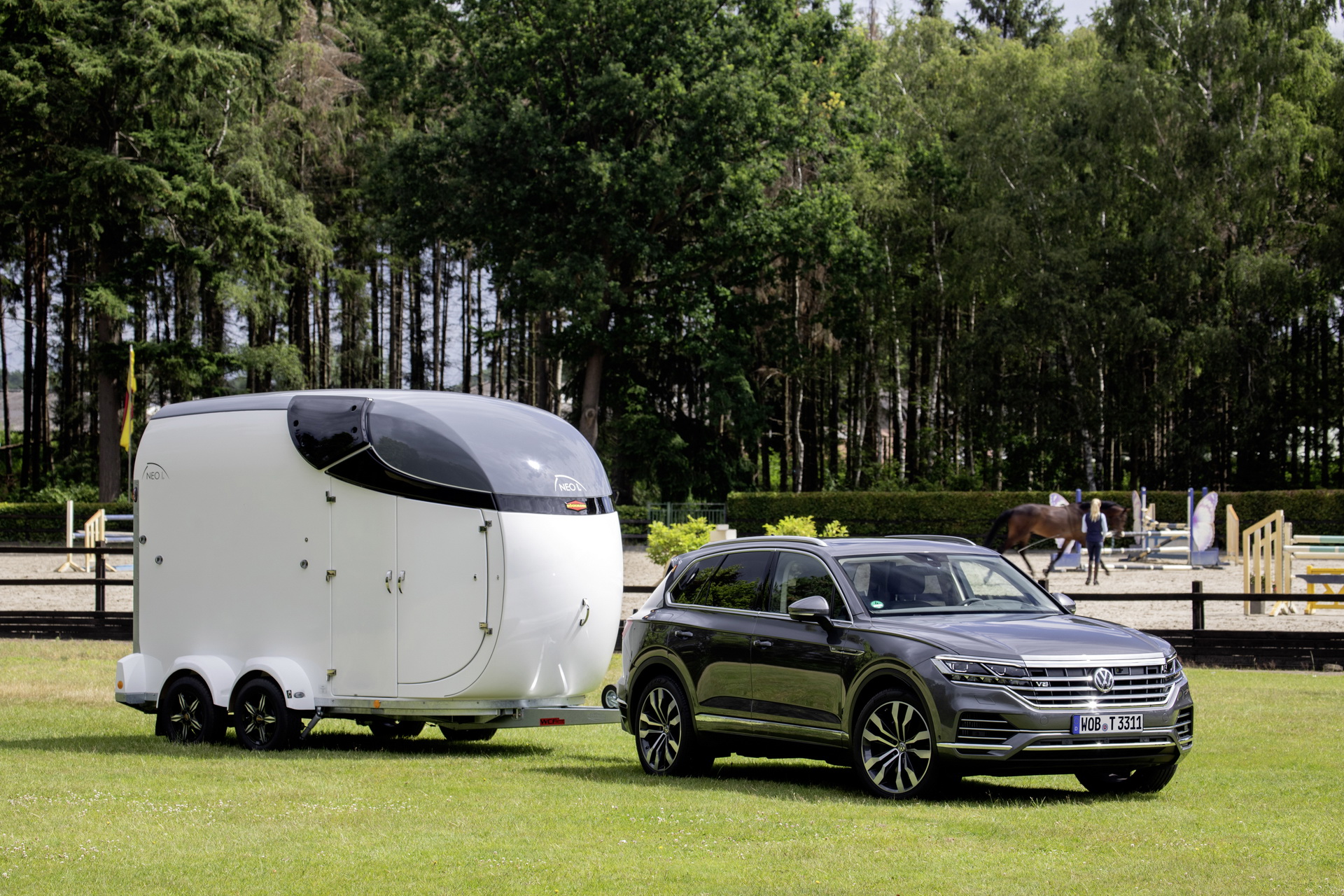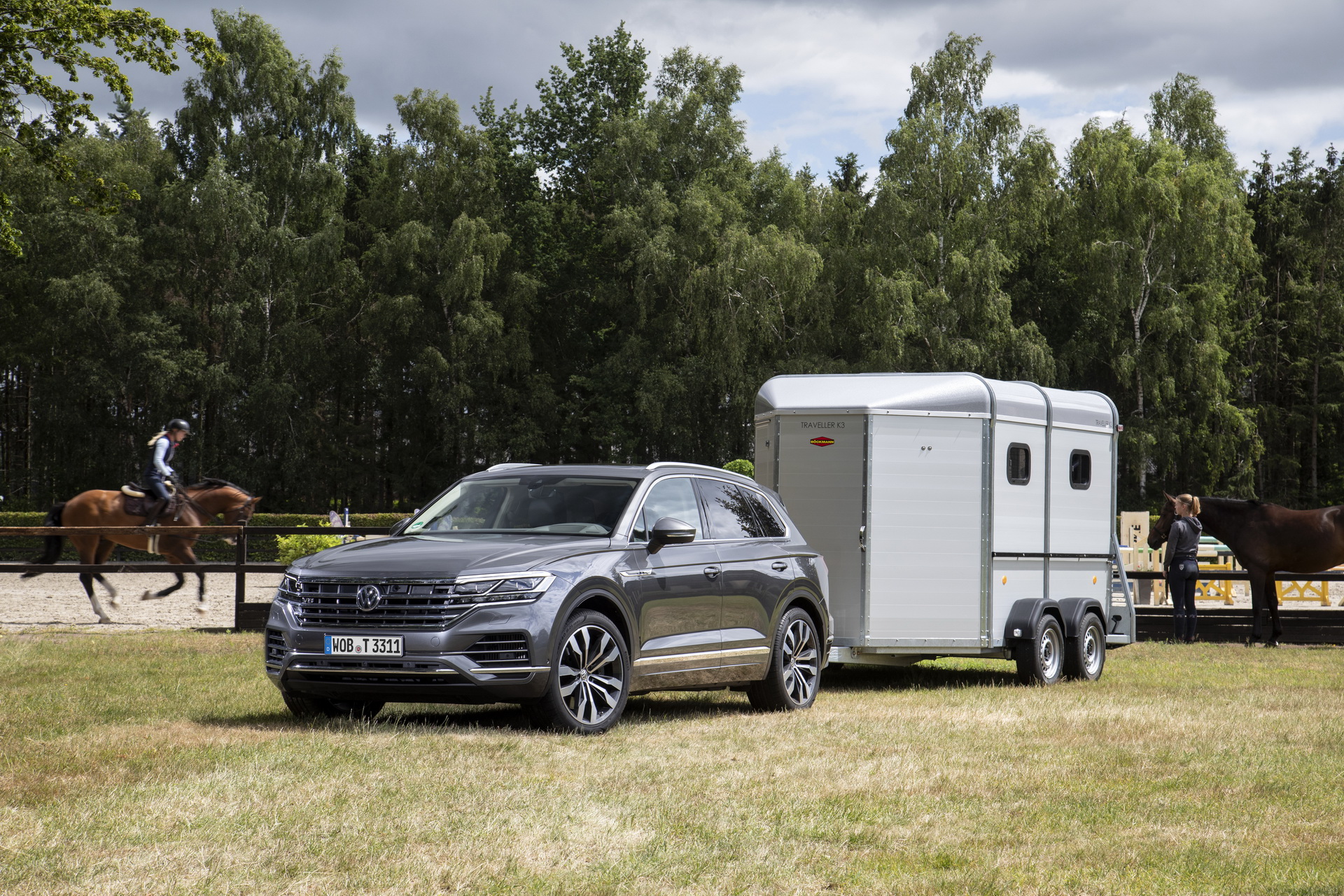You don’t hear a lot about diesel engines these days, especially when it comes to their emissions, but VW feels brave enough (given what has transpired with Dieselgate and all) to brag about how clean their Touareg V8 TDI proved to be in the EU’s latest Real Driving Emissions (RDE) test.
The new VW Touareg V8 TDI undertook three RDE measurement runs by Emissions Analytics, an independent specialist, in three German metropolitan areas. One test took place in the topographically flat Lower Saxony with the other two tests conducted in Baden-Württemberg and Bavaria and included differences in altitude.
Read More: Range-Topping 415 HP Touareg Is Last Volkswagen To Get A V8 Diesel
In all three tests, the VW Touareg V8 TDI scored well below the Euro 6 NOx limit of 80 mg/km: in Lower Saxony, it scored 10 mg/km on average, in Bavaria 13 g/km and in Baden-Württemberg 20 mg/km. VW’s flagship diesel SUV averaged 14 mg/km of NOx emissions over all three tests.
VW says that the positive result of the Touareg V8 TDI was made possible by features like its multi-stage exhaust gas treatment that comes with a large NOx storage unit and its SCR catalytic converter. The latter converts NOx into harmless steam and nitrogen with the help of AdBlue, the synthetic urea solution that most new diesel vehicles in Europe utilize to bring down their emissions.
The VW Touareg V8 TDI is powered by a twin-turbo 4.0-liter diesel engine that produces 415 HP (421 PS) and more importantly 664 lb-ft (900 Nm) of torque from just 1,250 rpm. This wall of torque enables the Touareg to largely run on low engine speeds using just one of the turbochargers, with the second one kicking in over 2,200 rpm with the use of an electrical valvelift system.
The V8 TDI is hooked to an eight-speed automatic transmission and VW’s 4Motion all-wheel-drive system. 0-62 mph (100 km/h) comes in 4.9 seconds while top speed is limited to 155 mph (250 km/h).
If reports are to be believed, the VW Touareg V8 TDI is also going to be the last car to use an eight-cylinder diesel engine, which is kind of understandable given the current market condition and the general push for electrification.





